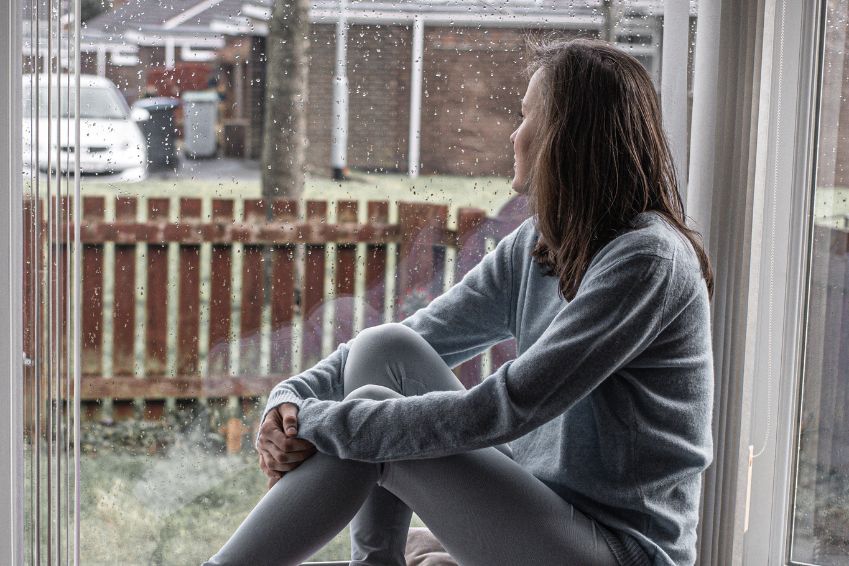
Supporting a loved one through a terminal illness is one of the toughest challenges a family can face. With hospice care, families often find themselves navigating through a sea of medical jargon, fluctuating emotions, and the complex web of needs their loved one may have. The crucial aspect of hospice care is not just medical; it also involves emotional, spiritual, and social support for the patient and their family members. Here, we’ll discuss some things you can do to support a loved one in hospice.
Provide Emotional Support
At its core, hospice is about comfort and quality of life. Emotional support is critical during this time, and the little things often make the biggest differences. Simply being present or sharing a memory can bring figurative warmth to the room. Encouraging the hospice patient to talk openly about their feelings, fears, and even long-buried desires can offer a catharsis that supports their emotional well-being.
Schedule Regular Visits
Visiting a loved one in hospice can be emotionally taxing, but it’s a vital part of their care. Regular visits can maintain a sense of connection and routine. Memories are composed of moments—make a point to create meaningful moments during your visits. It could be watching a favorite movie together, bringing in a beloved pet (if allowed), or simply sharing a meal. Visiting is not just about physical presence; it’s about creating a warm, inclusive environment that can nurture the patient’s sense of comfort.
Communicate and Have Conversations
One of the greatest misconceptions about hospice is that when a patient can no longer respond, they can no longer hear. This couldn’t be further from the truth. Continue talking to your loved one, and never assume they can’t hear or understand you. Share stories, jokes, and updates from the outside world. Highs and lows and the mundaneness of everyday life are all part of the human experience. By keeping them in the know and in the conversation, you are honoring their life, keeping their mind active, and potentially providing comfort during their transition.
Advocate for Them
Being an advocate, particularly in a health-care setting, means ensuring the patient’s voice is heard and their needs are met. This could involve asking questions about their care, discussing pain-management options, or clarifying their treatment plan.
Many hospice patients may no longer have the energy or capacity to advocate for themselves, so your role becomes especially crucial during this time. Finding a balance between respectful gratitude and firm advocacy can ensure your loved one receives the best care tailored to their wishes and needs.
Providing support for a loved one in hospice is a team effort, and you are a vital member of this team. The memories created and the love shared during this time are immeasurable. If you’re looking for personal care hospice, contact Soulistic Hospice today. Our professional team will provide the highest-quality end-of-life care solutions to keep your loved one comfortable in their time of need.








